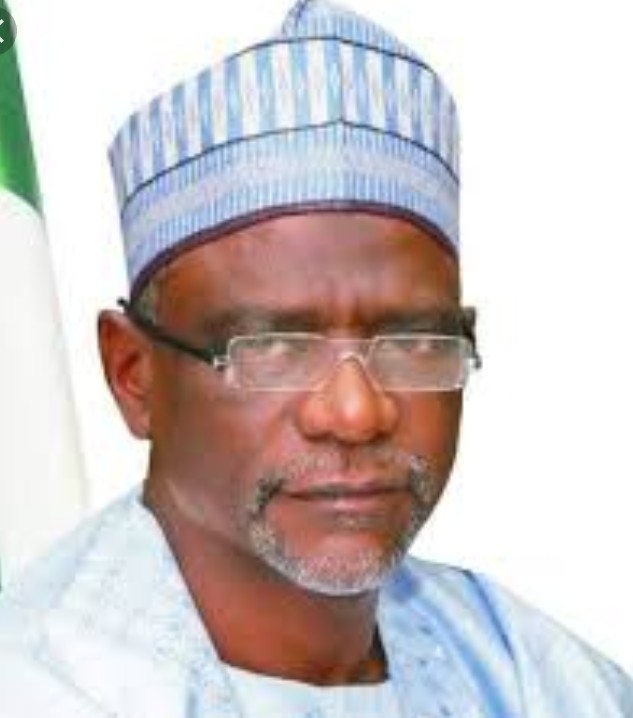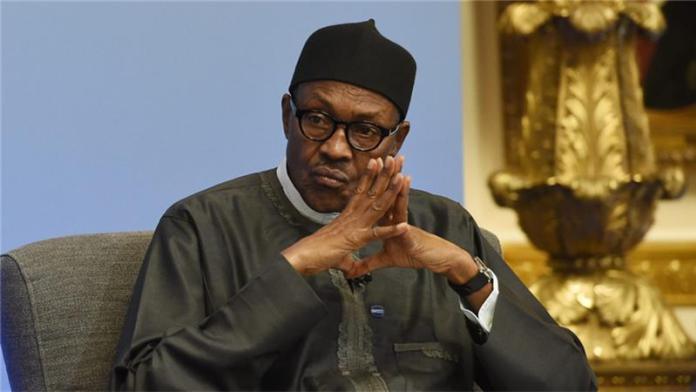School Closure: A Threat to the Future of Nigerian Students
Muhammad Adam Haruna
INFOMEDIA – The pivotal role of education in the society is no doubt immeasurable, as it possesses the power of molding the structure of the society.
Education is like the engine oil of the society, without which, society will be inundated by plethora of soceital problems emanating from the failure of the populace to reason, objectify and filter what needs to be done from what needn’t to be done.
G.K. Chesterton once said, “education is simply the soul of a society as it passes from one generation to another.”
Education is the most important recipe one needs to have while planning to cook a good delicacy tomorrow. By explanation, acquiring a sound education is requisite when preparing for future challenges.
Malcolm X said,“education is the passport to the future, for tomorrow belongs to those who prepare for it today.”
The current status at which education is placed in Nigeria is actually melancholic. Education in Nigeria suffered a disease of carelessness and negligence caused by people who are saddled with the responsibility of giving it a dearly care.
While it is unarguably true that the outbreak of coronavirus has put many things across the globe into disarray, which led to the closure of millions of schools, markets, factories and the likes. This made the economy of the world to experience a nasty downturn whereas other sectors like educational faced and continue to face a serious threat.
Nigeria, like many other countries employed the technique of lockdown in order to stem the spread of the novel coronavirus. The gesture which surfeit of analysts expressed as a copied gesture imitated from the likes of America, China, England and others without implementing what follows it to the fullest.
Read Also:
Now that, in Nigeria markets are open, religious places are accessible in many areas, political and many other social gatherings are not hindered, what is the destiny of schools then? I started developing a notion that maybe coronavirus is such a logical ailment which people no longer get infected to while in markets but do so in schools.
It is obvious that precautionary measures are difficult to be imposed in markets and other gatherings due to the unavailability of strict body that will make sure that people abide by the established protocols especially the social distancing and putting on face masks.
Imagine, the markets are opened in many parts of Nigeria couple of weeks ago, but schools that has the power of sending back home any students who fails to meet the precautionary requirements are shut for months.
In countries that value, respect and attach so much importance to education, when planning on how to halt their lockdown, they consider reopening schools first, for they know education is the most expensive treasure one could possess.
Schools in some countries have been open for months and they are doing wonderfully fine. This was what enticed America’s President, Donald Trump to make it known that their schools need to be open.
Report from Denmark (the first Western country to reopen schools on April 15) shows, opening of schools had no impact on the progress of the epidemic, said Tara Grove Krause, a senior officer with State Serem Institute, the country’s disease control agency. Education minister of Norway, Guru Melby also said since reopening of schools there had been no negative consequences caused by the schools reopening.
It is apparent that the countries that we copied the closure model from are now completely reopening all sectors, why not we copy the reopening too and avoid the “angulu da kan zabo”?
School closure has a serious role to play in rendering the youths into crimes. The more youths are kept dormant and unschooled, the more crimes will be recorded in the society. This is the reason why Victor Hugo once said, “he who opens a school door, closes a prison.”
The future of Nigerian youths is bright, as such, our schools need to be reopon to save the good future of ours.
Muhammad Adam writes via: [email protected]
The views expressed in this article are the author’s own and do not necessarily reflect the editorial policy of INFOMEDIA



























